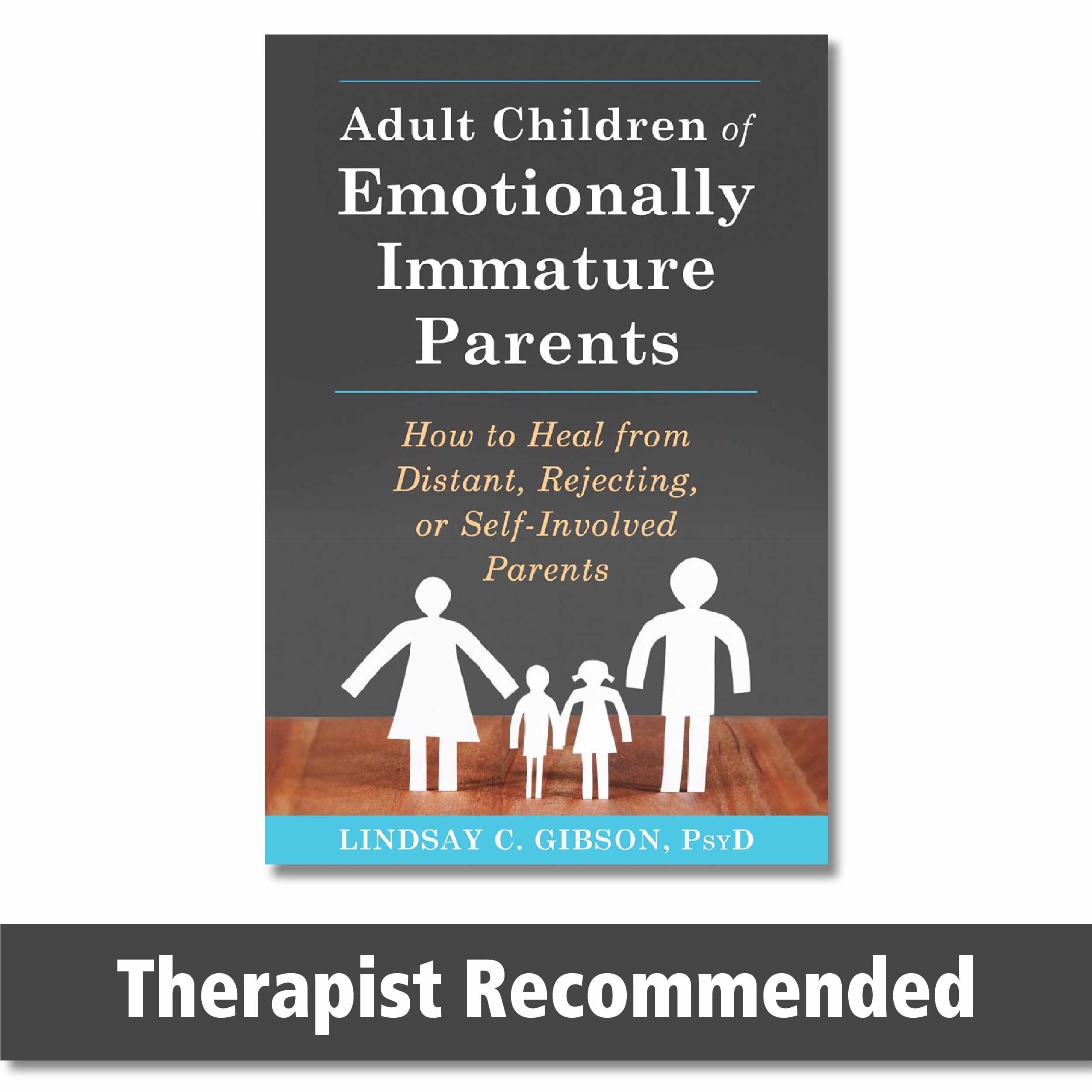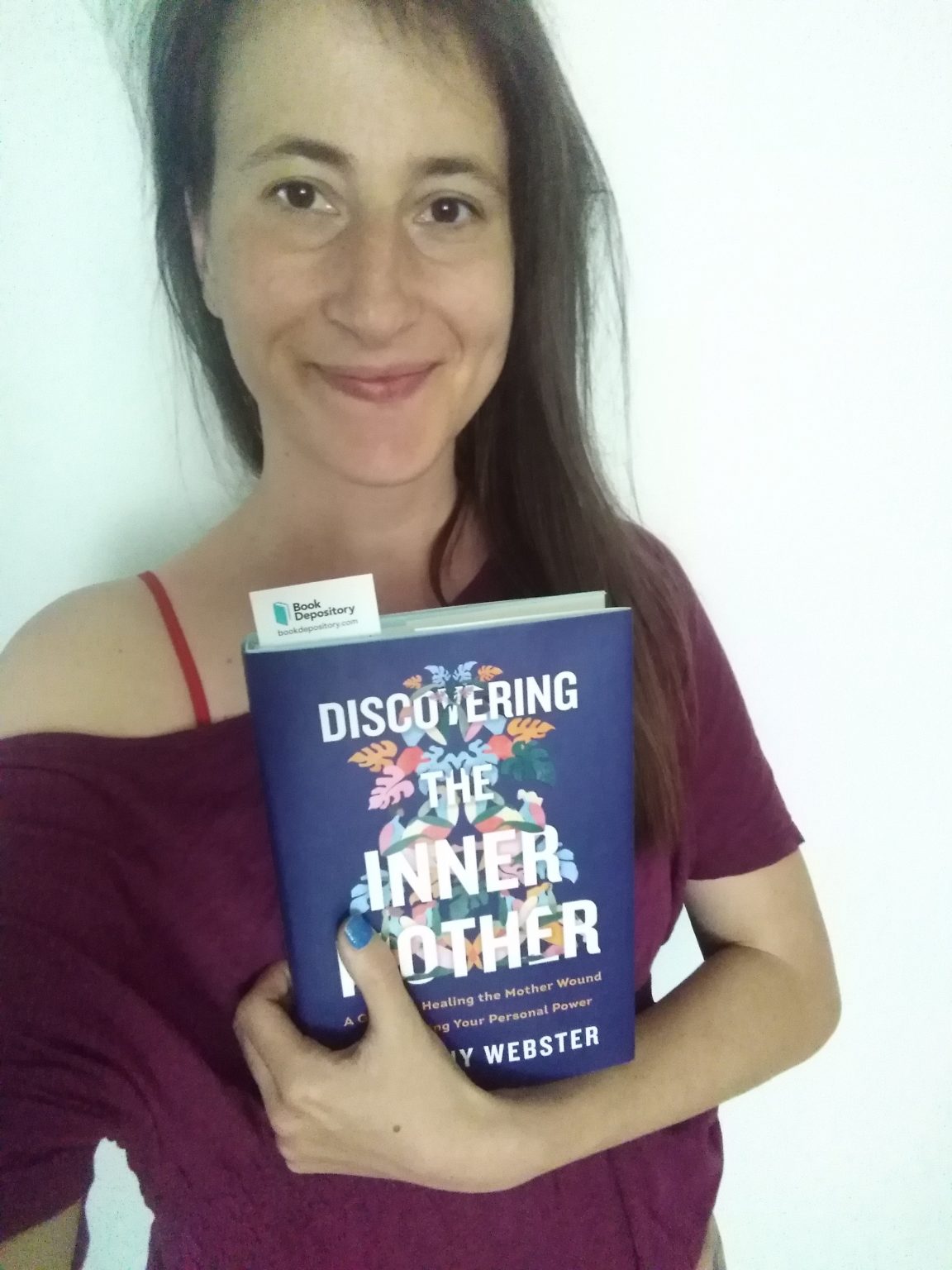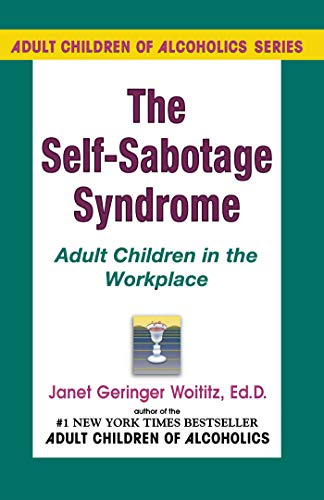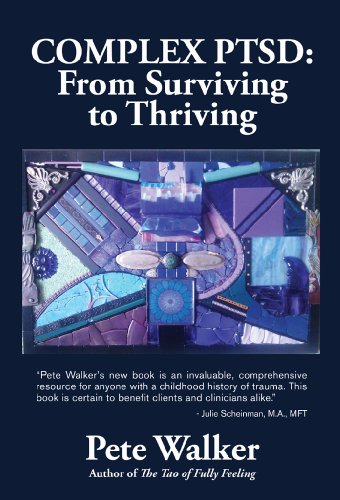If you are a child of an alcoholic, addict, chronically ill parent, a child of narcissistic parents or perhaps had other challenges in your childhood that resulted in you often being a little adult and the most emotionally mature person in the room, you are now again facing the challenges as an adult. You often feel like a child, not really knowing how to cope with some of the everyday challenges that an adult person has to face.
In many ways you are probably doing just fine, but I know from my own example, conversations with other adult children and books, that you are probably carrying around a lot of emotional gunk.
I was reading self-help books and working through my emotions via journaling since my teenage years, often felt like the most emotionally aware and mature person in the room, yet I still had so much emotional baggage that made me feel like the biggest shit in the world.
Some of this emotional burden may actually prevent you from searching help from other people.
You might feel like:
You are a burden, and you don’t want to take other’s people time talking about your problems.
You feel like you are somehow strange, ugly, weird, annoying, ______, and don’t want to make other people suffer your presence. You fear others are sick of you.
You feel like your needs don’t matter, you are selfish and that you should work more on contributing and giving to others.
You feel like part of you is somehow evil, and you could hurt others, so you rather not become too intimate with people.
You are afraid others will use against you what you tell them.
You don’t want to be seen as weak and needing help.
If you are trying to think positively, you might also be afraid that talking about your emotions and challenges will bring you more “negative” emotions and problems.
It might also be possible that you are currently not able to afford therapy, even if you would want to.
This is where books come in. Books are an affordable way to start your healing journey as an adult child.
They help you see you are not the only one suffering from the things related to being an adult child.
Your experiences and challenges will be normalised. What I mean by that is, that you see how many of your feelings, challenges, thoughts, behaviours, patterns are completely normal responses to growing up in the environment you did.
You will find words and definitions to describe what you are feeling and experiencing, which makes you better prepared when you will be ready to find a therapist or other help, because you will be able to express what you need help with.
I will share with you the books that were the most helpful for me. Let’s begin.
Adult Children of Emotionally Immature Parents: How to Heal from Distant, Rejecting, or Self-Involved Parents by Lindsay C. Gibson

This one is a delight to read. It flows very well, so you almost cannot put it down until you read it. There’s no big words in it or complex theories, yet it cuts directly to the core, in a most compassionate way. After you read it, you will be sure, that you are not guilty your parents didn’t give you love you needed, there was nothing wrong with you, and you will have a deep knowing, that yes, you can heal. It is super insightful and to the point. The following words had a huge impact on me:
The loneliness of feeling unseen by others is as fundamental a pain as physical injury, but it doesn’t show on the outside. Emotional loneliness is a vague and private experience, not easy to see or describe. You might call it a feeling of emptiness or being alone in the world. Some people have called this feeling existential loneliness, but there’s nothing existential about it. If you feel it, it came from your family. -Lindsay C. Gibson
I was so familiar with this feeling of existential loneliness. It felt so huge, vast and all consuming, as if I was feeling the loneliness of God/Absolute, him not being able to talk to other Gods, because he is the only one, and humans cannot really understand him. When I read, that if I feel this, it came from my family, it was a bit humbling, like a big philosopher part of me has realised that he is just a little child that needs a hug. 😀 Lots of hugs.
Where to buy Adult Children of Emotionally Immature Parents by Lindsay C. Gibson?
Kindle / paperback / audiobook on Amazon
Audiobook on Scribd (If you don’t use Scribd yet, sign up via my link and read/listen for 60 days for free, cancel anytime)
Self-Sabotage Syndrome: Adult Children in the Workplace
You will find yourself in more than one example in this one, if you are ACOA, and you will also see people you worked with in some of the examples. I was totally the person who would work very hard, was not really able to speak up what bothers me and when it would be too much for me, I would quit. Or burn-out. And I am completely familiar with being loyal to people in the workplace who didn’t deserve my loyalty at all.
Why is this book so useful? Because you can see you are not the only one who had those strange work related experiences and that it is not just other people’s fault. You are contributing to strange dynamics. You can be contributing by not standing up for yourself and trying to please everyone. Usually those dynamics show up between ACOA’s or children from other dysfunctional families, because they don’t have clear boundaries. It’s nobody’s fault, but once we can see it, we can start healing this, and it will make ours and other people’s lives easier.
Where to get Self-Sabotage Syndrome: Adult Children in the Workplace by Janet G. Woititz
E-book on Scribd (If you don’t use Scribd yet, sign up via my link and read/listen for 60 days for free, cancel anytime)
Complex PTSD: From Surviving to Thriving: A GUIDE AND MAP FOR RECOVERING FROM CHILDHOOD TRAUMA by Pete Walker
This one really helps to put things into a realistic perspective. We want healing to be a linear process, like: “Okay, I know now I have trauma from childhood, how do I heal? How long is it going to take? Can I heal during this weekend and that’s it?” When, in reality, it can take years or even a lifetime. Sounds scary? It is also a blessing, because through your healing journey you will gain so much and experience the depths and beauty of life unbeknown to those who don’t dare to allow themselves the messiness and cyclical rhythm of healing. Instead of giving myself a week-long chance to became more confident, I gave myself a more realistic goal of 5 years (knowing that it’s still going to be a lifelong journey of embodying different flavours of confidence). And looking back for the past two years, I love the progress I made since I was inspired by this book.
It also speaks about how worthwhile it is to search for a therapist that gets you and with whom you feel safe, even if you have to change 5 or more of them. And how therapeutic books can be, because for many of us it is still hard to ask for help or trust other people at the beginning of our healing journey. The books about the topic are tremendously valuable during this time.
There is so much more in this book, yet even if you read a few pages, you will find something valuable (as I did, it changed my life for the better, even though I didn’t finish reading it yet).
Where to buy Complex PTSD: From Surviving to Thriving: A GUIDE AND MAP FOR RECOVERING FROM CHILDHOOD TRAUMA by Pete Walker?
Kindle / Audiobook / Hardcover / Paperback on Amazon
So, these were top three and here is the bonus one:
Discovering The Inner Mother by Bethany Webster

This book is not written directly for adult children of alcoholics, yet you will gain a lot from it. It is about mother-daughther relationship and about reparenting yourself. If you are a woman, definitely read it, but also men can benefit greatly from it.
Why I am including it on this list? The author wasn’t growing up in a family with alcoholism. Yet, the dynamics between daughters and mothers described in the book were something I experienced as being a confidant of my codependent mother. If you ever felt like you needed to mother your mother, this book is for you.
I wrote a whole blog post about reparenting myself and how this book contributed to my journey here.
Where to buy Discovering The Inner Mother by Bethany Webster?
I bought e-book (Kindle) version on Amazon.I received hardcover book as a birthday gift from a friend who bought it on Book Depository.
I found the audio version of book on Scribd. (Sign up via my link if you want to listen/read 60 days for free) .
*
What I wish I knew sooner as an adult child?
List of all the posts in the series:
- Intro: What I wish I knew sooner as an adult child?
- You are not the one to blame for your parent’s addiction, depression, illness, death…
- How are guilt and shame holding you back from advancing in your career?
- Facing the reality of being raised by emotionally immature parents: Why you don’t want to do it and why you need to.
- Top 3 Must Read Books, if you are ACOA (adult child of an alcoholic or you are coming from an otherwise dysfunctional family)
Which books were the most helpful for you?



